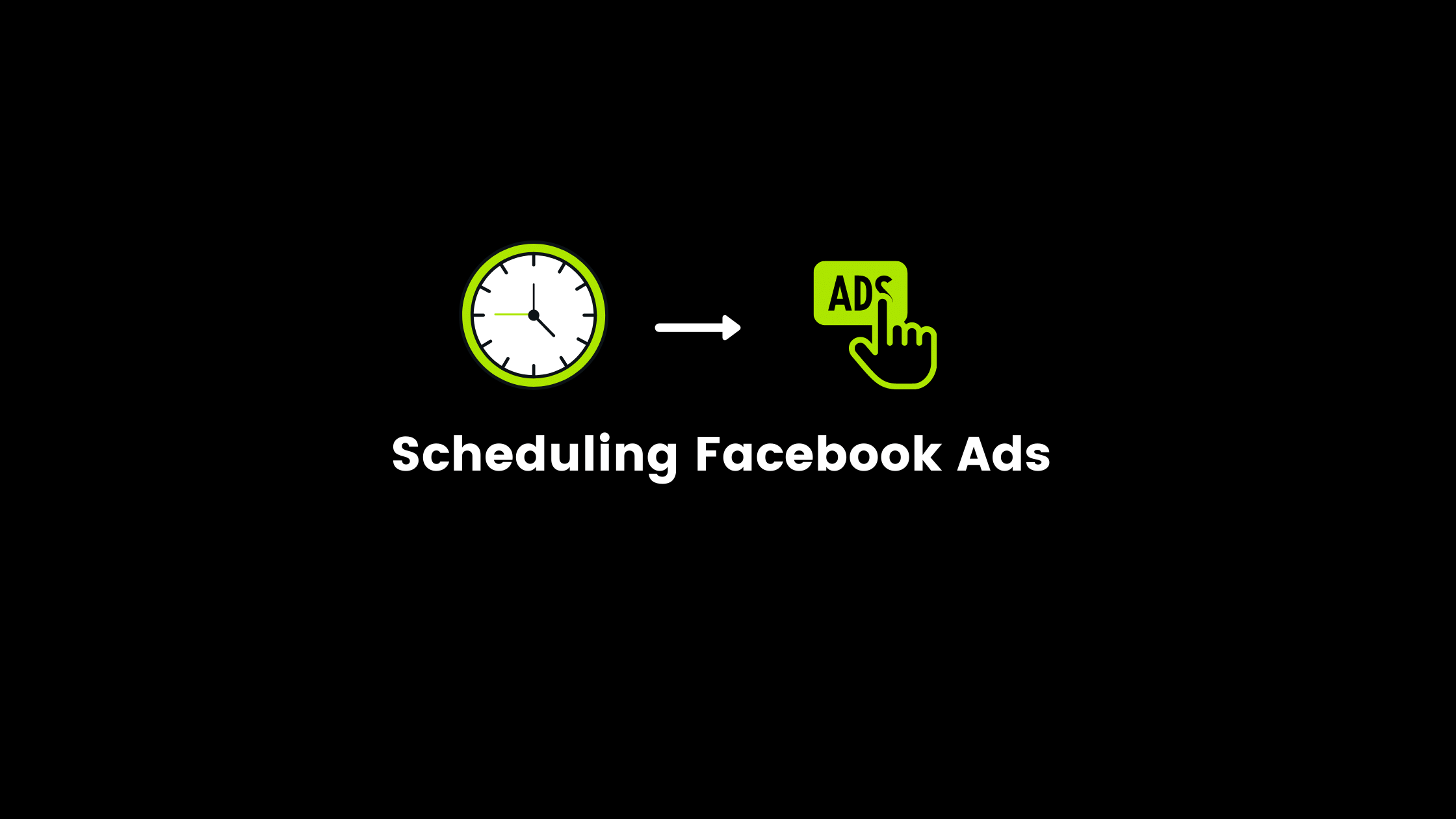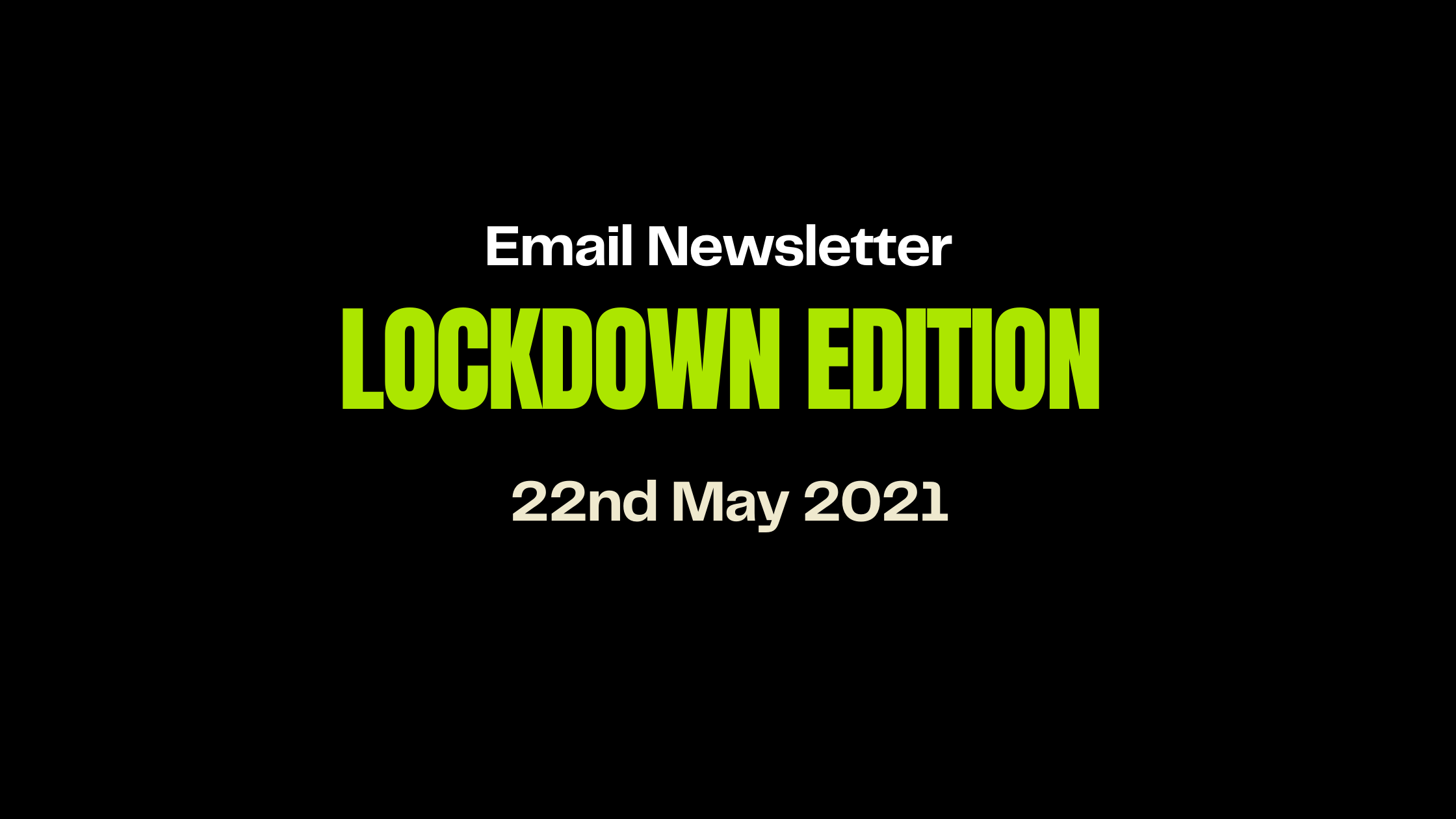AI-generated content has become a commonplace tool for many, and it’s safe to say that most of us have dabbled in it. If someone claims otherwise, they’re either not being entirely truthful or they might not have come across ChatGPT. Recent estimates from Siege Media suggest that approximately 52% of business leaders are already utilizing AI in their content marketing endeavours, and a substantial 64.7% are considering its integration by 2023.
However, there’s another side to the story – a cautionary tale about Google penalizing companies that have heavily relied on AI-generated content. With the advent of the Generative Search Experience, it’s increasingly challenging to keep up with the evolving digital landscape.
One of the most significant disruptions in recent memory came in the form of the Helpful Content Update (HCU) in August 2022, followed by an upgrade in September 2023. The effects of these updates have been nothing short of catastrophic, leading many websites to experience a substantial drop in traffic, akin to the challenges small businesses faced during the pandemic.
As I reflect on the impact of the HCU, it evokes memories of a scene from the Marvel Cinematic Universe, particularly in “Avengers: Infinity War” when Thanos snaps his fingers, erasing half of all life in the universe. From a personal standpoint, as a content creator, there’s a lingering sense of regret about not building a more robust community or forming deeper connections with my audience. Nevertheless, I’m actively taking steps to change that.
Before we delve into the realm of AI-generated content, let’s take a journey through the evolution of content creation over the years. In the early days, content was crafted with meticulous care and dedication. Creators would immerse themselves in their work for hours, battling the relentless blinking cursor or discarding countless crumpled paper drafts. The introduction of word processors and grammar tools like Grammarly was a welcome relief. Content spinners then entered the scene, offering tools for better sentence construction. Content creation gradually evolved, eventually paving the way for the rise of AI-generated content.
Yet, it’s essential to acknowledge that content creation is often an arduous, labour-intensive, and solitary journey. Managing a YouTube channel or consistently producing content for years without running dry of ideas is no small feat. As content creators, we embrace any assistance we can get, even if it means collaborating with AI.
Fast forward to September 2023, and Google’s stance on machine-generated content has notably softened. The latest HCU reflects a shift in Google’s attitude, making it more consistent with other recommendations for creating helpful content. However, the ability of Google’s algorithms to detect AI-generated content remains somewhat enigmatic. While they can spot some AI-generated content, it’s not a foolproof process due to the wide array of Large Language Models (LLMs) available.
Google likely utilizes machine learning algorithms to discern AI-generated text by analyzing various indicators, such as text structure, grammar, syntax, and other patterns. They may look for signs like overuse of filler words, lack of depth, unusual syntax, repetitiveness, inconsistencies, and the absence of human-like emotion and experience. The list of criteria is not exhaustive, and Google is likely continuously refining its methods.
For those of us who are seeking to avoid detection, the key lies in finding an LLM that can help us navigate under the radar of other LLMs. However, this approach should be exercised cautiously, as overusing it may lead to undesirable consequences.
So, should you consider cancelling your ChatGPT subscription? Probably not. To sidestep detection, you can explore the strategy of blending AI-generated content with human-written material. This might involve having a human editor refine or rework AI-generated content to make it sound more authentic. Alternatively, you can use AI for research while managing the content creation process yourself. And if all else fails, remember that it’s never too late to explore new ventures, perhaps even that coffee shop you’ve always dreamed of opening.
If you’ve reached the end of this article, please consider subscribing and sharing it with your colleagues. And who knows, if our paths ever cross, I might just treat you to a cup of coffee!


